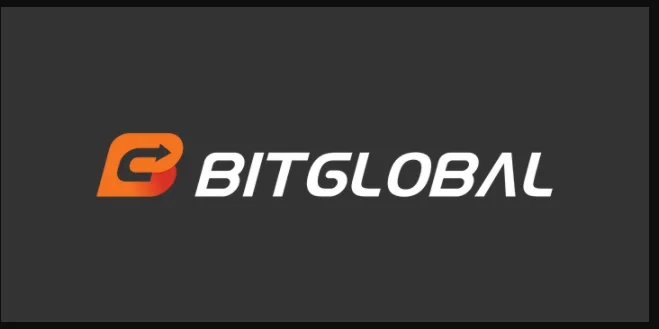In accordance with South Korea’s tighter Anti-Money Laundering legislation targeting overseas users of cryptocurrency exchanges, Bithumb has increased the stringency of its Know Your Customer (KYC) procedures.

Foreigners who have not completed phone-based Know Your Customer (KYC) verification will be denied access to the South Korean cryptocurrency exchange Bithumb, according to reports.
According to Pulse’s local coverage, non-Koreans who use the Bithumb cryptocurrency exchange will be required to submit to mandatory smartphone verification. While the rule is expected to take effect later this year, no specific date has been given for the implementation of the new Know Your Customer (KYC) requirement. The Korean Herald reported on Bithumb’s notice, citing it as follows:
It is not possible for foreigners living in Korea who are unable to process identification through mobile phones to use the service.
As a result of the country’s tightening Anti-Money Laundering (AML) rules, Bithumb has implemented stronger Know Your Customer (KYC) standards. According to a report published on July 8, Seoul Central Customs apprehended 33 people who carried out illicit international cryptocurrency transactions totaling $1.48 billion (1.69 trillion won).
Bithumb has previously put limits on accounts that were opened in “high-risk jurisdictions,” as well as accounts that were opened in countries that were on the Financial Action Task Force’s “increased monitoring” list.
Bithumb has also requested that impacted users remove their assets if they are unable to comply “within 2021, when customer due diligence becomes mandatory,” according to the Korean Herald.
In response to Cointelegraph’s request for comment, Bithumb did not immediately answer.
In order to combat unlawful cryptocurrency transactions, the Korean government has implemented a series of measures from 2020, including ordering banks to improve their supervision of cryptocurrency transactions.
More recently, cryptocurrency exchanges, notably Bithumb, have implemented new procedures to combat money laundering, including enhanced Know-Your-Customer (KYC) checks and trading limits to limit the flow of funds.
Accounts with origins in Myanmar, Barbados, Iceland, Iran, North Korea, and 15 other countries have already been barred from using the service in China.
